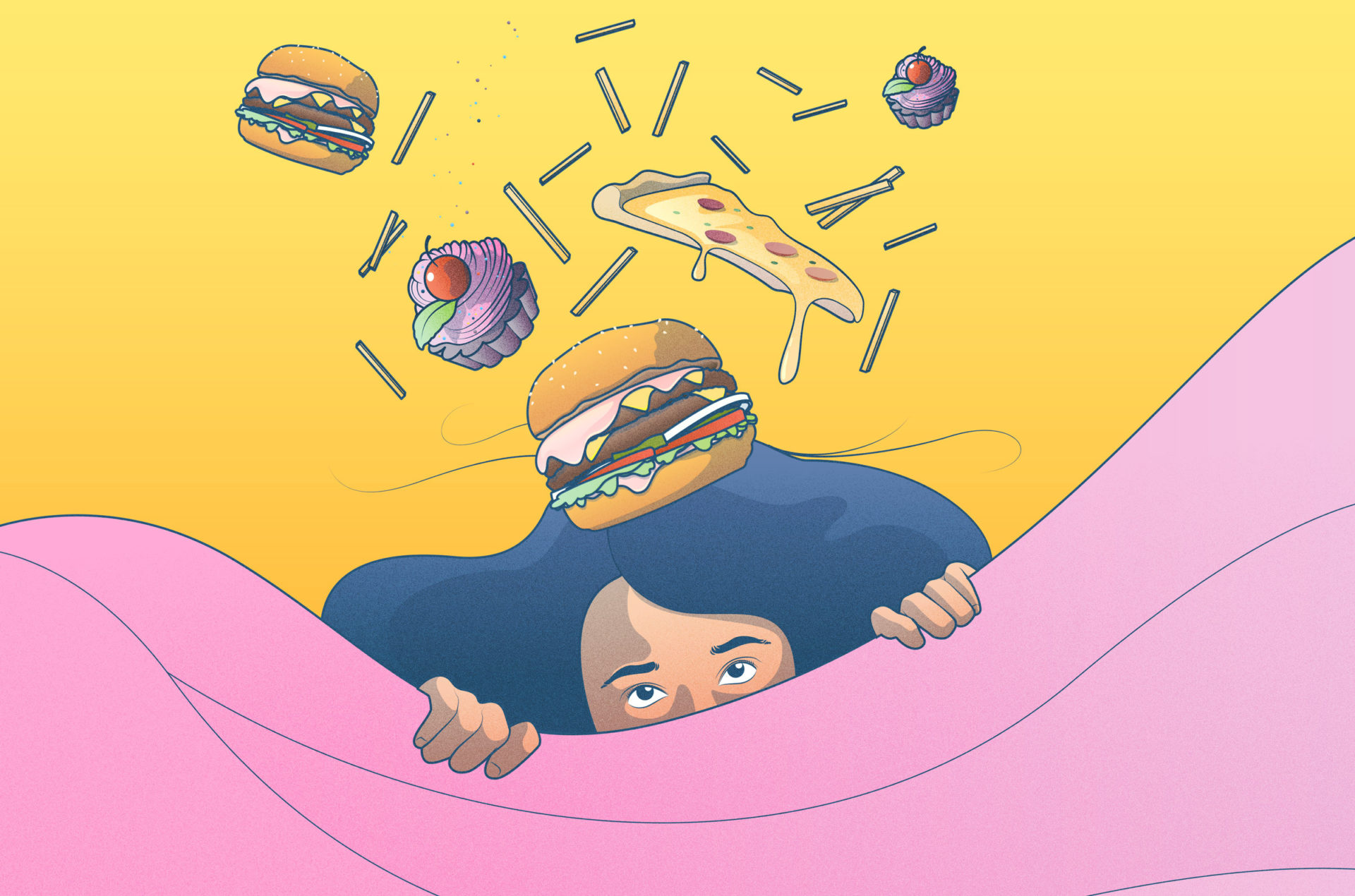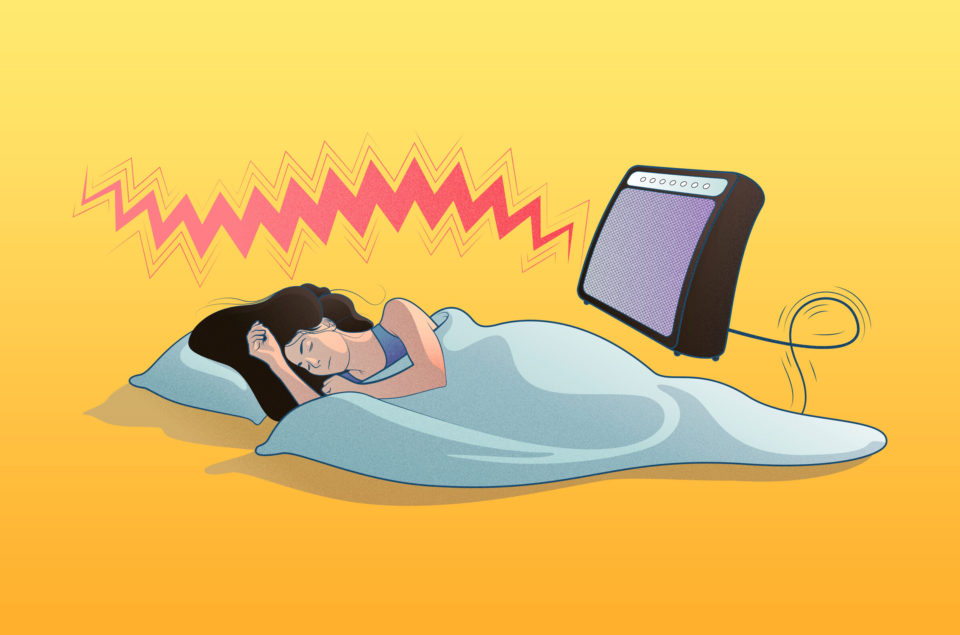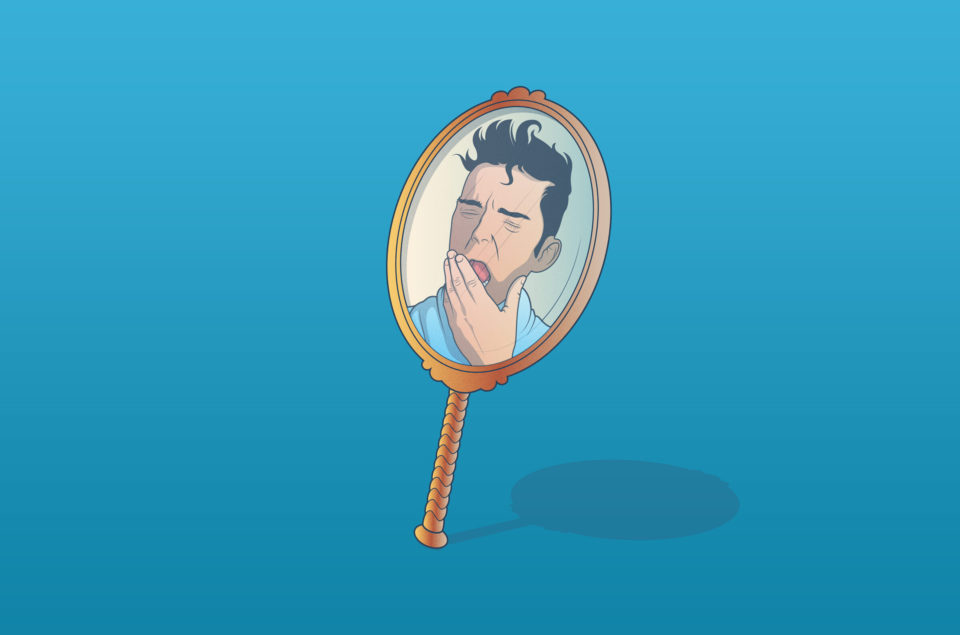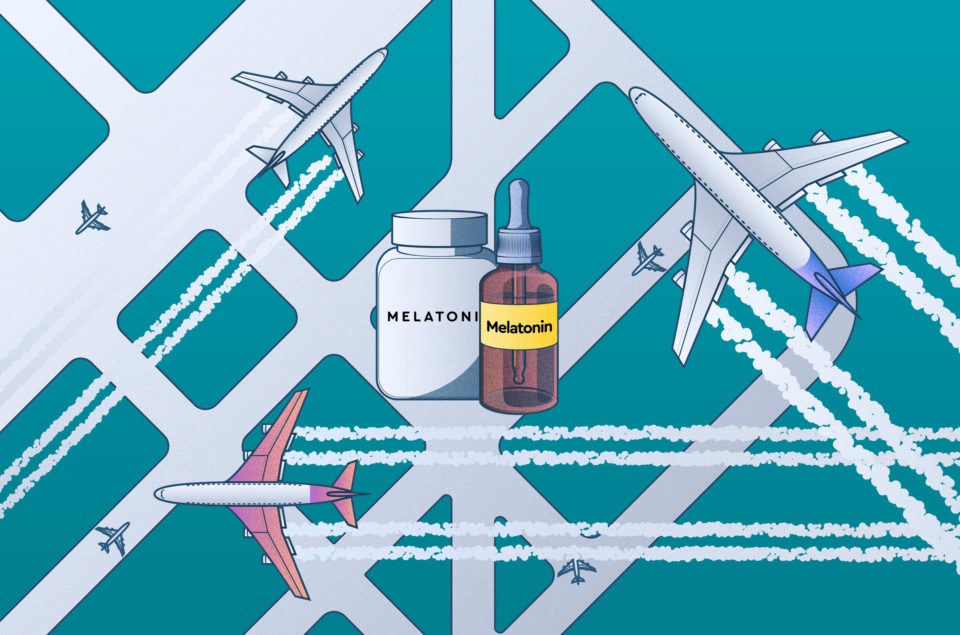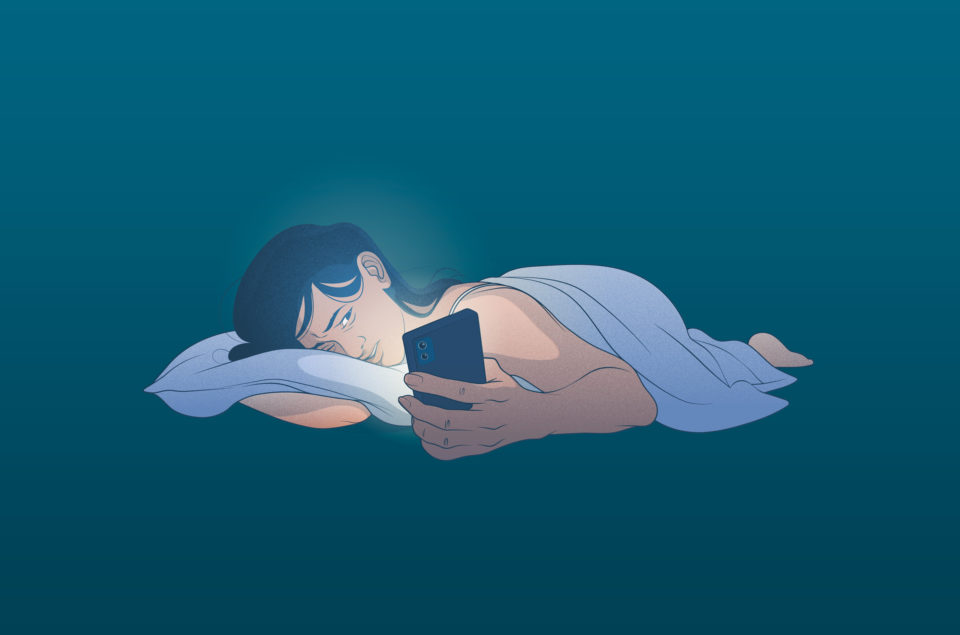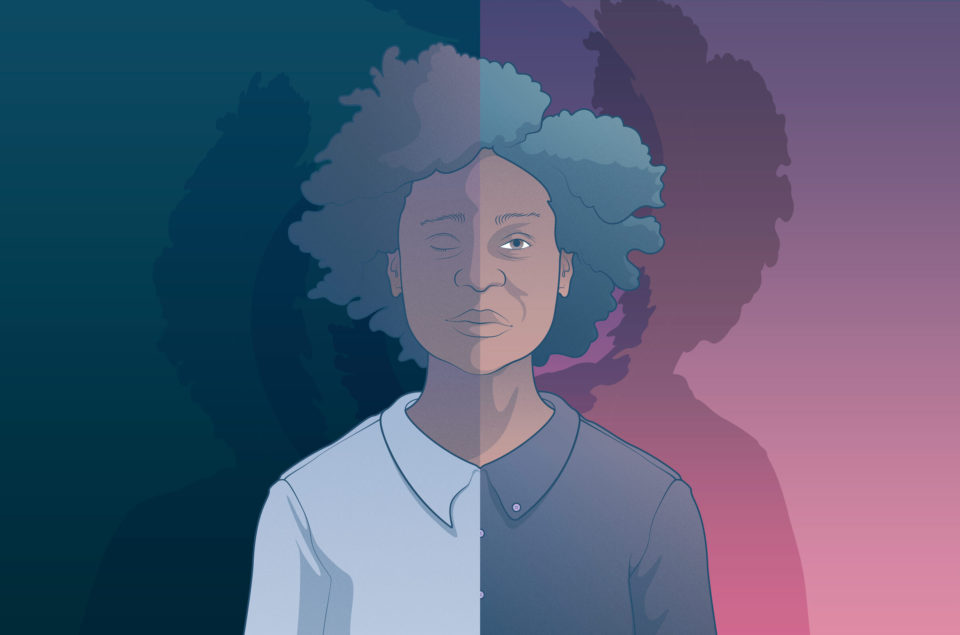Postprandial somnolence, or what in layman terms is more commonly known as food coma and the after-dinner dip, is that feeling of creeping lethargy and extreme tiredness that hits you after a heavy meal. Most of us have experienced it at some point and it can be a source of frustration when you’ve enjoyed a nice meal and all you want to do is either continue socializing, getting on with work /the rest of your day, but what you end up wishing for is to simply curl up in bed.
In this article, we dig deeper into the causes of food coma, how you can prevent it and reverse the feeling by boosting your energy after a big meal. We’ve enlisted the help of our friends at Lifesum, the world’s leading healthy eating app, and spoken to their nutritionist Signe Svanfeldt, who steers us through all you’ve ever wanted to know about food coma.
What is food coma? Is it a real condition?
Food coma is very much a real sensation that is experienced by some after a meal. Thus, the term postprandial somnolence literally means sleepiness after a meal. Signe comments further: “ ‘Food coma’ is a term used to describe the feeling of tiredness after having a meal, usually a larger meal. It’s important to bear in mind that there’s limited science behind food coma and still much to understand, and naturally don’t let the term ‘food coma’ confuse you. The body is not in an actual state where you’ve fallen into a coma!”
Is it normal to feel tired after eating?
Signe elaborates: “Our energy levels are highly individual and vary depending on numerous factors, including hours of sleep, physical activity, stress levels, nutritional status and hormonal levels. Food provides us with energy so we shouldn’t experience the feeling of fatigue (extreme tiredness) after every meal, but occasionally feeling slightly tired after eating shouldn’t be cause for concern.”
What causes food coma?
There is still plenty of research needed as to why food coma occurs in some individuals, but there are a few theories, some of which include:
- The release of certain hormones triggered by the nutrients in the food we eat. Furthermore, the release of gut-brain hormones may play a role in food coma through modulation of sleep centers such as the hypothalamus (an area of the brain that amongst other things regulates sleep)
- The body produces serotonin after a meal, this is a chemical that regulates the sleep/wake cycle.
- Our bodies wind down and relax after we’ve eaten, which leads us to feel tired.
- Our bodies use up a lot of energy to digest the food we eat, and leaves us sleepy.
Further research will help us draw more specific conclusions.
Is food coma dangerous and can it be a sign of diabetes?
Signe explains: “Feeling tired occasionally after eating a meal doesn’t necessarily mean that you’re in danger, or are suffering, from a disease. If you, however, feel extremely tired on a regular basis, or suspect you might suffer from diabetes, you should contact a healthcare professional.”
It’s also important to keep an eye out for other signals that are coupled to the sleepy feeling post a meal. For example:
- If you regularly experience sleepiness after a meal, the cause could be insulin resistance, a sign of diabetes, which in certain cases manifests itself as food coma.
- Hot flashes and sweating
- Cognitive impairment
- Motion sickness and bloating
- Lightheadedness
If you experience the above regularly post meals, then as Signe stressed above, you should discuss it with your physician.
How long can a food coma last?
“Tiredness and our energy levels are highly individual. Some might feel tired just shortly after eating, while others might be tired for a couple of hours.”
Much of the gathered studies thus far has been based on anecdotal evidence and so further research is needed to give a more specific time-span.
How to stop feeling sleepy after eating?
“Firstly, it can be beneficial to keep track of your eating schedule and what type of food you eat to determine what meal patterns or food items might trigger tiredness. Using a food tracker like Lifesum can help you to keep track of your daily meals. Some people might be triggered by very large meals, or meals high in sugar, while others might be more affected when they eat.”
Further strategies to avoid food coma can include:
- Studies suggest that food coma is a circadian effect worsened by a poor night’s sleep. Therefore tracking your sleep is also an important tool in combating food coma.
- One study showed a prudent diet was associated with low sleepiness among truck drivers and further studies suggested that meals induced an enhancement in sleepiness that was not solely due to circadian rhythms. Nevertheless, the research shows mixed findings on meal composition and its effects on postprandial somnolence, however, keeping vegetable intake high and fats and heavy carbohydrates low can help prevent energy dips.
- Avoiding foods high in the amino acid ‘tryptophan’, which has been shown to help produce more melatonin (a hormone produced by the body that acts as a natural sleep aid), could help. Examples of foods containing tryptophan are turkey, canned tuna and cheese.
- Post lunch walk – a brisk walk in fresh air is an excellent way to prevent food coma. Apart from helping with digestion it also helps to refresh and reset your mind and body.
Is it ok to nap after eating? If not, how long should you wait to sleep after eating?
“Due to our circadian rhythm, the majority of our sleeping hours should preferably, if possible, take place during the night. However, that said, there’s nothing dangerous about sleeping for shorter periods during the day, or having the occasional nap. People who work during the night need to get their hours of sleep during the day, so it’s all about finding a routine that works for you. Some people can be even more tired after having a short nap after a meal, in which case it might be a better idea to go for a short walk to get some fresh air as suggested in the strategies above after a meal instead.”
If you choose to go for a nap, try timing them to no longer than 20-25 minutes to avoid sleep inertia (impaired cognitive and sensory-motor performance that occurs immediately after waking up) or insomnia at night and thus lengthening the impact of the food coma incident. Tip: use the sleep notes feature in the Sleep Cycle app to really see how napping impacts your sleep at night.
Why do we experience food coma, yet at the same time can suffer from insomnia after eating – especially late at night?
“The food we eat impacts our wellbeing in multiple ways. Some meals can cause discomfort in our stomach, heartburn and cause stomach ache – typically fatty foods such as fried food, cakes or ice cream. Large meals close to bedtime can also have a negative impact and cause stomach discomfort that impacts our sleep. Try to have the larger meals a couple of hours prior to bedtime, and, if feeling hungry, have a smaller snack close to bedtime if that works better for you.”

This article has been reviewed by:
Signe Svanfeldt, Nutritionist at Lifesum.
